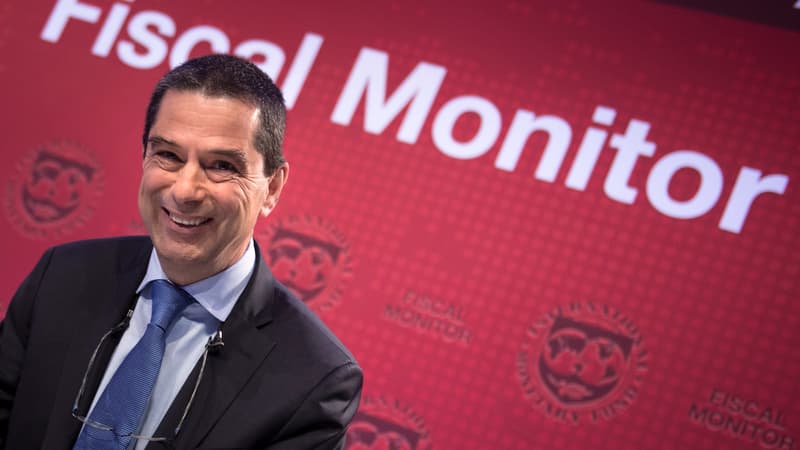Rising food and energy prices weigh heavily on household budgets and represent a social risk for states. But trying to control the impact through tax cuts, subsidies or price controls could prove too heavy on public finances, the IMF warned on Wednesday. This is at least the conclusion of the report on budget policies, the Fiscal Monitor, published by the International Monetary Fund (IMF).
“At a time of cost of living crisis, it is critical to protect the most vulnerable, whether it be the lowest income households, but also the poorest states,” he added.
State budget margins dented
However, countries that have already increased their spending to deal with the pandemic no longer necessarily have enough budget space to deal with inflation and rising prices. According to the report, therefore, it is important for all States to be prudent in the implementation of support policies, in order to maintain a sustainable level of spending, whose main objective must be to guarantee access to affordable food and limit the effects of inflation at the lowest income.
On the other hand, trying to respond to these problems with the establishment of price controls, subsidies or tax cuts “will be very costly from the budget point of view and, in the end, not very effective”, warns the IMF. However, states can decide to increase some of their resources and keep their other expenses at an acceptable level, according to the Fund.
progressive taxation
However, given their meager resources, the poorest countries will not be able to do without humanitarian aid and emergency funding.
“In more general terms,” he added, “we call on richer countries to grant their special drawing rights (SDRs, a credit on international reserves, editor’s note) for the benefit of poor countries” to enable them to have increased access to IMF aid.
Source: BFM TV


